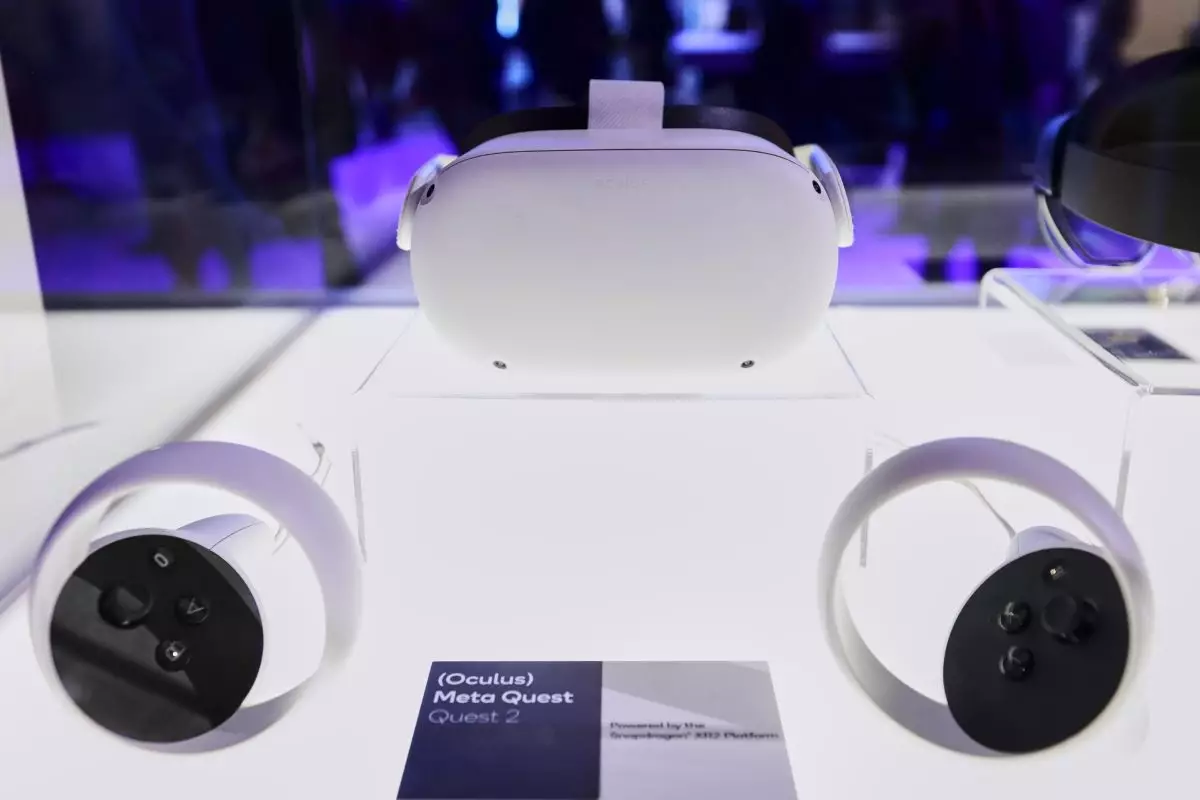Meta, the parent company of Facebook, has made significant waves with its recent hardware announcements at Meta Connect 2024. Amid the excitement, the decision to phase out two prominent VR headsets—the Quest 2 and Quest Pro—underscores a pivotal shift in the company’s virtual reality strategy. As Meta ushers in the budget-friendly Quest 3S, priced starting at $300, it ceremoniously closes the chapter on older models once existing stock is depleted. This move not only highlights the importance of innovation in a rapidly evolving tech landscape but also signals an aggressive approach to preserving their competitive edge in the VR market.
The Quest 2, which is soon approaching its fourth anniversary, was initially retained as a cost-effective option amidst the launch of the more advanced Quest 3. However, as technology races forward, products can become outdated at an alarming speed. The Quest 3S now takes over this role, presenting upgrades in features and performance. The decision to discontinue the Quest 2 is not surprising for consumers who have closely followed the advancements in VR. The same sentiment applies to the Quest Pro, which was positioned as an innovative solution for mixed reality, particularly aimed at enterprise solutions. Unfortunately, its relevance was diminished after the release of the Quest 3, which offered similar—and, in many respects, superior—capabilities at a more attractive price.
Meta’s statement reflects a belief in their new direction: “With Quest 3S on the shelf, we’re officially winding down sales of Quest 2 and Pro.” This rationale appears to resonate with the larger trends in consumer technology where companies must frequently pivot and adapt based on user demand and competition. Maintaining outdated models in a product lineup may dilute brand strength and confuse consumers. With active plans to continue selling accessories like the Touch Pro controllers and the Quest Active Pack, Meta seems intent on nurturing their existing customer relationships while transitioning towards newer offerings.
Despite some technical advancements, virtual reality has arguably yet to achieve mass adoption. With the discontinuation of these headsets, Meta emphasizes its dedication to refining VR technology while phasing out that which no longer aligns with current market needs. The company’s decision to end security patch updates for the original Quest next September indicates a long-term vision where resources are concentrated on future products rather than maintaining support for outdated models.
In a tech environment dictated by rapid innovation, the discontinuation of the Quest 2 and Quest Pro is a strategic maneuver. Meta acknowledges that consumer expectations have evolved, and only through continuous adaptation will they secure a robust position in the future of virtual reality. As they proceed, all eyes will be on how well the Quest 3S can capture the imagination of consumers eager for transformative experiences in digital spaces.

